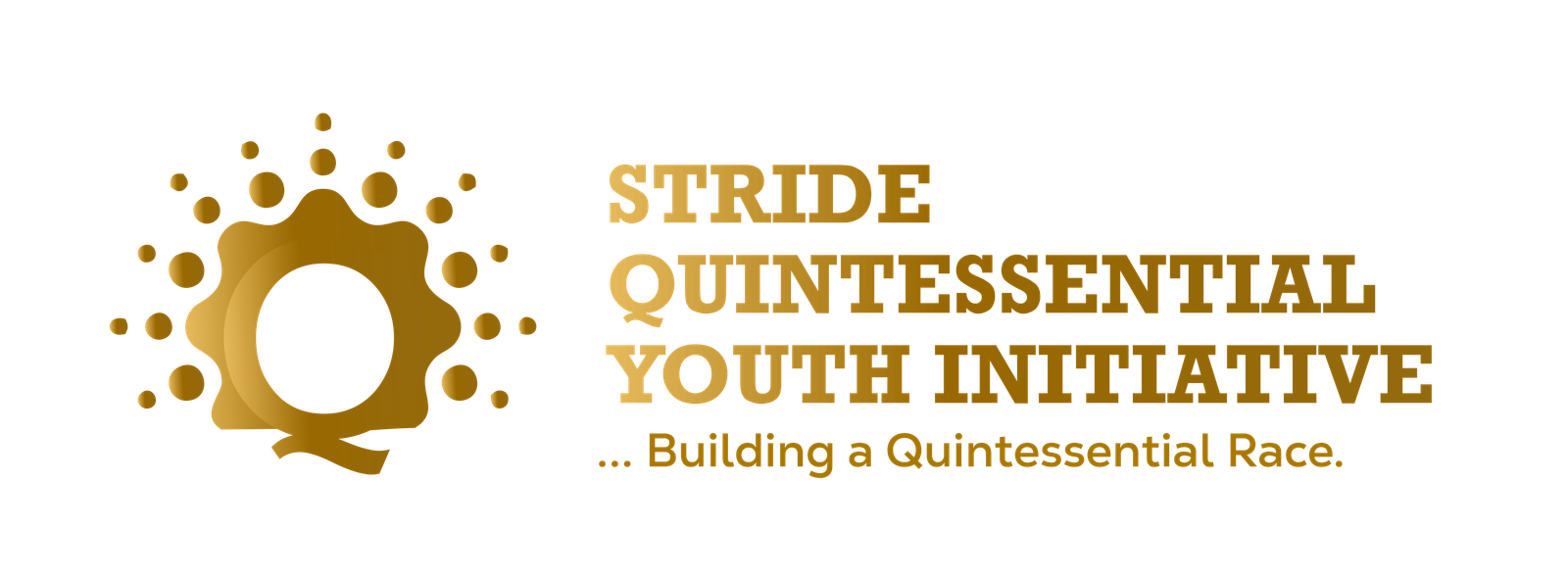Picture this: It’s a Monday morning, and your manager needs a last-minute report. The catch? It’s a collaborative project, and a key colleague is working remotely from another city. Ten years ago, this would have been a logistical nightmare. Today, with a few clicks, you’re both working on the same document in real-time, your video conference is running smoothly, and the final report is delivered well before the deadline.
This isn’t a scene from a movie but the reality of modern work. As we step into 2025, the digital world is no longer just an add-on, it’s the main highway for careers, business, and everyday life. If you’re looking to boost your career, land a new job, or simply stay relevant in this fast-paced digital era, mastering basic Information and Communication Technology (ICT) skills is no longer optional. It’s your ticket to success. Here is your essential guide to the basic ICT skills you must learn to thrive in 2025.

The foundation of your digital journey begins with Digital Literacy. It’s the simple, yet crucial, ability to use digital technology confidently and competently. This means knowing your way around a computer or smartphone and being able to create, save, and find files. Simple tasks like connecting to Wi-Fi, installing an app, or organizing your documents can save you hours of frustration and will prepare you for navigating the next essential skill: the internet.
Your next step is mastering the internet and email, which is essentially your professional front door. Your email address is often the first impression you make, and knowing how to professionally manage your inbox, send attachments, and use CC/BCC signals reliability. Beyond email, practicing safe browsing and recognizing a secure website protects your information and ensures you can use online tools without worry, which is vital when you start using productivity tools.
Employers today expect you to know common productivity tools, as they are the very engine of your workday. Go beyond just typing in a word processor like Microsoft Word or Google Docs. Learn to format professional documents, create a table of contents, and use spell-check effectively. Furthermore, mastering the basics of spreadsheets, from creating simple formulas to sorting data, is a major asset for any professional. This same level of attention is needed for presentations, as being able to create visually appealing slides is essential for communicating your ideas clearly, which in turn requires a solid awareness of cybersecurity.
In a world full of data breaches, protecting your personal and professional data is critical, and a core part of this is cybersecurity awareness. The golden rule is simple: use unique, strong passwords for every account. Enable two-factor authentication (2FA) wherever possible as it acts as a digital deadbolt for your accounts. Be a digital detective by learning to recognize the signs of phishing scam emails that ask for personal information or contain threatening language. These proactive habits will not only protect your data but also empower you to use modern communication and collaboration tools with confidence.

Hybrid and remote work are here to stay, and mastering communication and collaboration tools sets you apart. Learn to navigate video conferencing platforms like Zoom and Microsoft Teams and get comfortable with team chat apps like Slack and WhatsApp for Business. These tools are the new water cooler, allowing you to share updates and stay connected with colleagues in real-time, which is all made possible by an understanding of cloud computing.
The cloud is what powers modern work and makes a remote workspace possible. Learn to use platforms like Google Drive, Dropbox, and OneDrive to save, share, and edit documents online. This means you can collaborate with others on a single file without the headache of multiple versions, and it will also protect your digital footprint.
In 2025, your online presence is as important as your resume. Keep your profiles professional and updated, and use platforms like LinkedIn to network and showcase your skills. Always be mindful of what you post online, future employers and collaborators might see it. The journey to digital confidence doesn’t have to be overwhelming. The future isn’t just about the technology you know; it’s about your ability to adapt and grow with it. By investing in these fundamental ICT skills, you are investing in your own future, ensuring you are not just surviving, but truly thriving.
Written By: Eimoga Mercy






This article is really helpful.
Sure we are now in a digital world 🌎 we must learn and know how to use our digital digital tools effectively.
As our resume or CV is important to us, so also our presence online is also important, if we want to keep getting updated.